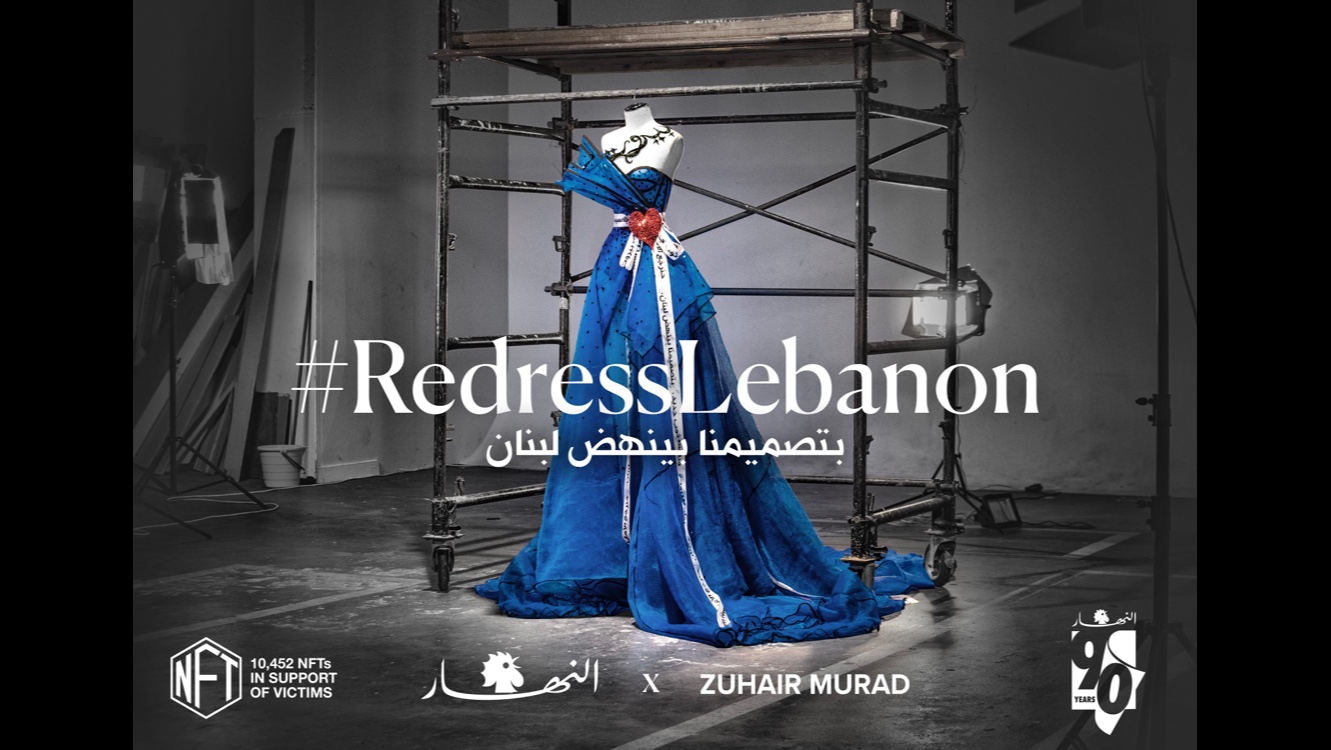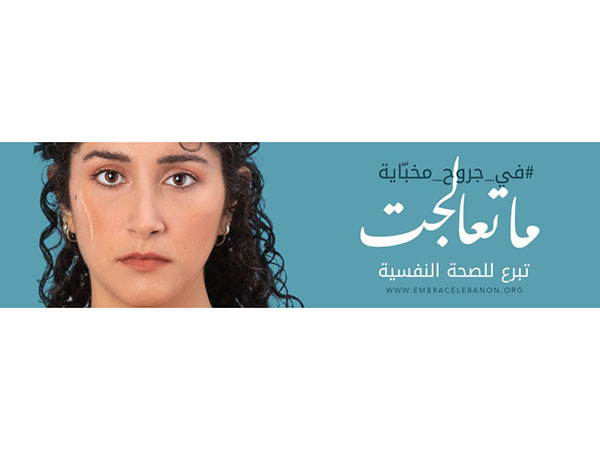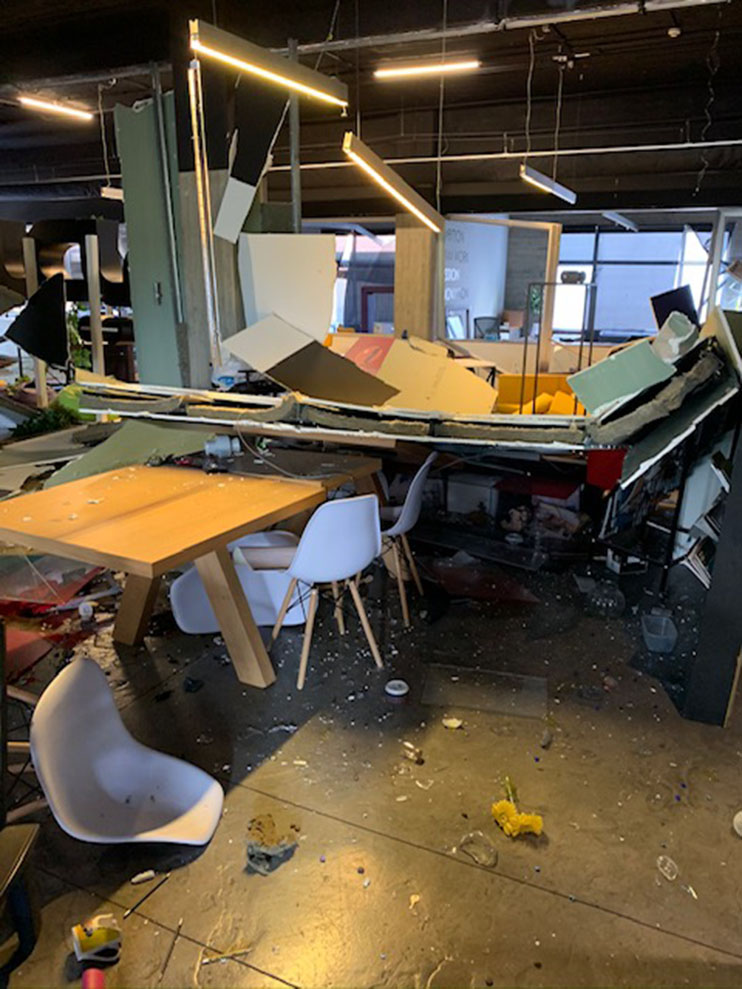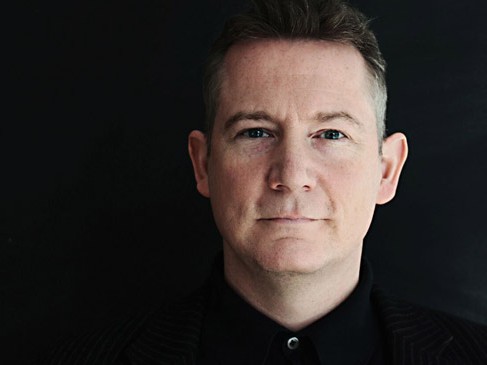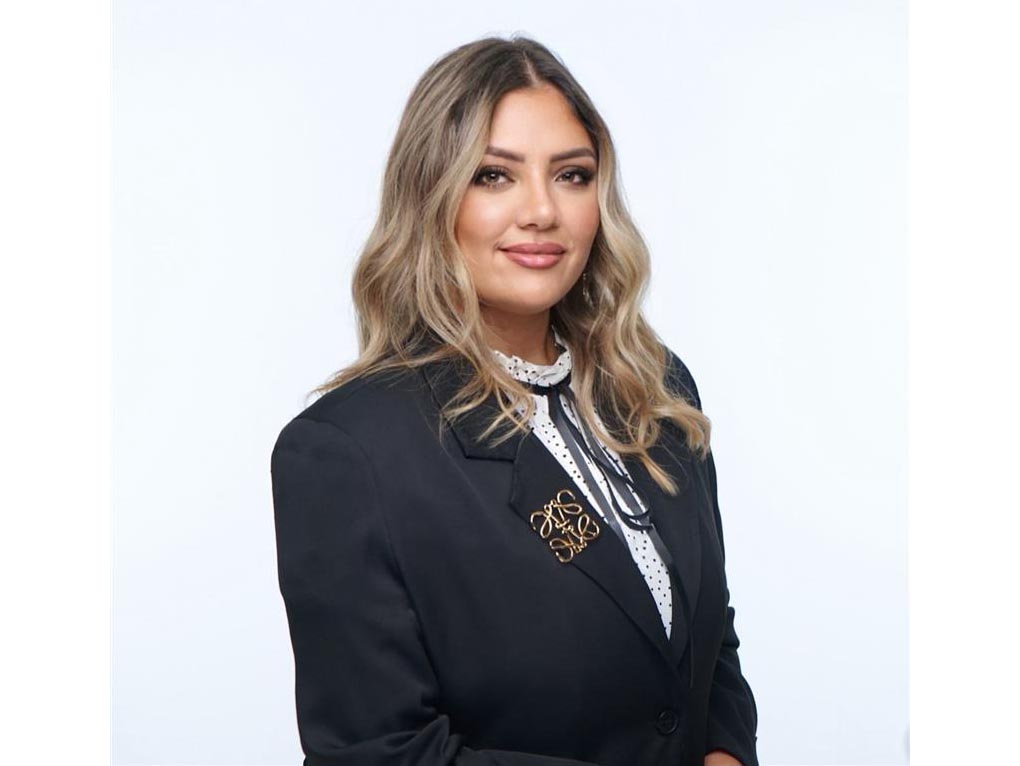Industry Talk - Free Talk
S2C's cry of frustration from a growing disillusion in a bleak future
November 14, 2020
.jpg) Advertisement
AdvertisementA cry of frustration from a growing disillusion in a bleak future
We were among the lucky ones. While our offices were severely damaged and three of our team members miraculously escaped unharmed, one cannot but wonder how low that threshold to be considered lucky has become.
In the past, being lucky meant that you had won the lottery, secured an amazing job, or, to some, found your soul mate. Today, you are lucky if you managed to remain alive because two tons of explosive material happened to explode while you are standing in the right place, or because you had saved a few green bills in your safe, or if you succeeded to remain Covid-free.
We might be physically unhurt, but our spirits are dampened. Dampened from being unable to break free from that cycle of never-ending calamities, having to live through different stories with the same ending, over and over again.
No. The phoenix cannot rise from the ashes indefinitely, nor can Beirut keep on rebuilding. A city is the sum of its people, and when its people have had enough and want to put the wellbeing and interests of their children ahead of feel-good slogans, the city will lose its essence and soul.
We are strategic communication consultants, and our expertise and bread and butter is to manage crises and to develop strategies that sometimes focus on finding a needle in a haystack to reinforce equity and generate buy-in. Yet as much as we keep on trying to hold on to hope ourselves, there is very little to hold on to anymore.
This is not an obituary as much as it is a cry of frustration from a growing disillusion in a bleak future. We will continue to live and will strive to do so with utmost joy and fulfillment. Will it be in Lebanon, and the Lebanon we know and love, or will it be in a different Lebanon that we ignore and dread?


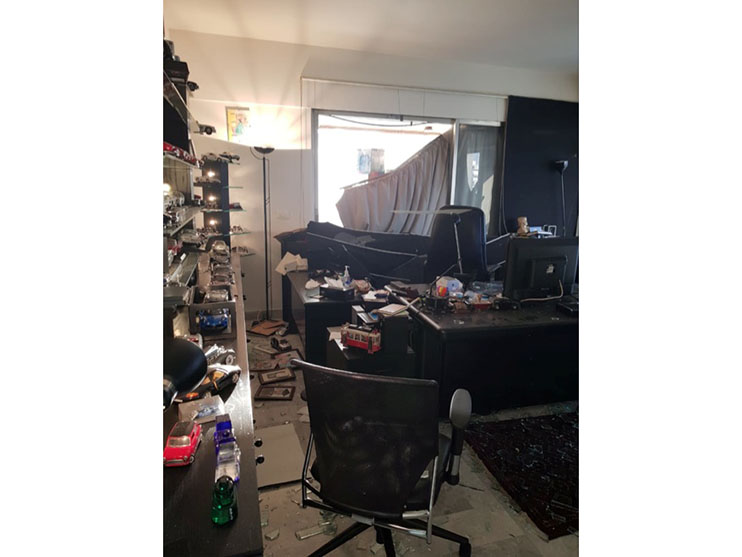
.jpg)
